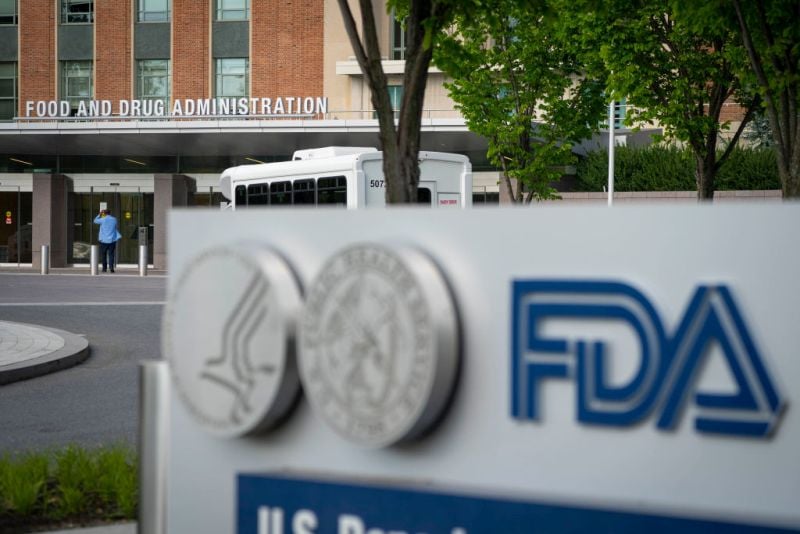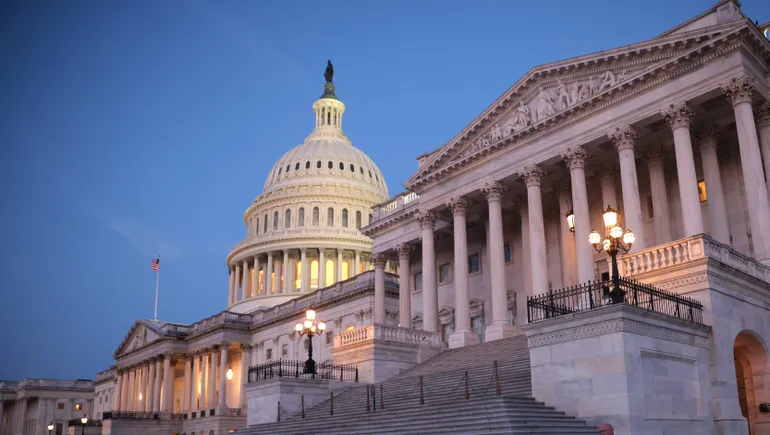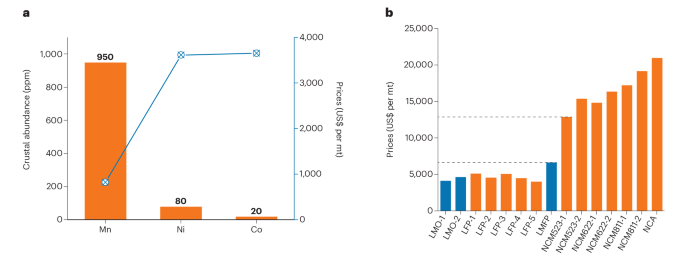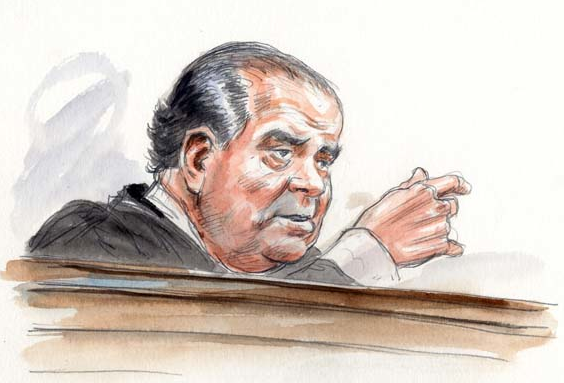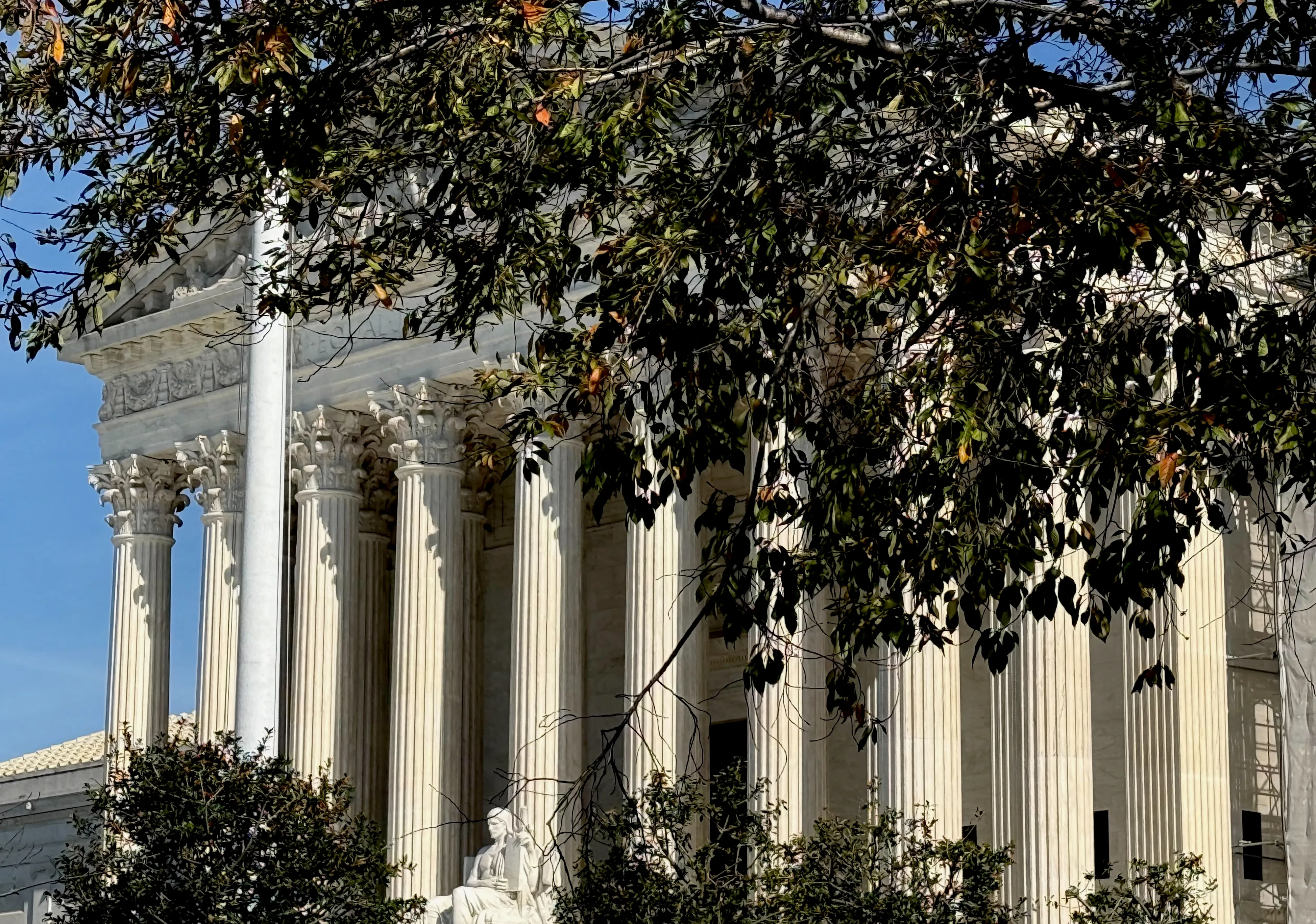Court decides against Planned Parenthood
The Supreme Court on Thursday ruled that a South Carolina woman and Planned Parenthood do not have a legal right, known as standing, to bring a lawsuit challenging South Carolina’s […] The post Court decides against Planned Parenthood appeared first on SCOTUSblog.

The Supreme Court on Thursday ruled that a South Carolina woman and Planned Parenthood do not have a legal right, known as standing, to bring a lawsuit challenging South Carolina’s decision to exclude Planned Parenthood from the state’s Medicaid program on the basis that the organization provides abortions.
By a vote of 6-3, the court, in an opinion written by Justice Neil Gorsuch, held that a provision of the Medicaid Act requiring states to ensure that Medicaid patients can obtain care from “any qualified provider” does not create the kind of clear and unambiguous right required under the Supreme Court’s cases to allow private lawsuits alleging violations of the provision.
The decision means that the lawsuit by Julie Edwards, who had been treated by Planned Parenthood and sought “to shift all [her] gynecological and reproductive health care there,” cannot move forward – and she therefore cannot challenge the state’s decision to exclude Planned Parenthood from Medicaid.
Justice Ketanji Brown Jackson dissented from the court’s ruling, in an opinion joined by the court’s two other Democratic appointees, Justices Sonia Sotomayor and Elena Kagan. She contended that with Thursday’s decision, “the project of stymying one of the country’s great civil rights laws continues.”
Congress created the federal Medicaid program in 1965 to provide medical care, in cooperation with the states, to more than 72 million lower-income Americans. In enacting the program, Congress relied on its power under the Constitution’s spending clause, which allows Congress to attach conditions to federal funds.
Federal law generally bars the use of Medicaid funds for abortions, but Planned Parenthood can receive the funds for other services. But in 2018 South Carolina’s governor, Henry McMaster, directed the state’s Department of Health and Human Services to exclude Planned Parenthood from the Medicaid program. He reasoned that because money is fungible, Planned Parenthood’s receipt of Medicaid funds effectively subsidized its abortion services.
That prompted Edwards and Planned Parenthood to go to federal court, where they argued that the exclusion of Planned Parenthood from the Medicaid program violates a provision of the Medicaid Act that allows any patient who is eligible for Medicaid to seek health care from any “qualified” provider.
The U.S. Court of Appeals for the 4th Circuit agreed that the Medicaid Act creates an individual right that can be enforced under federal civil rights laws, and it barred South Carolina from excluding Planned Parenthood from its Medicaid program.
The state came to the Supreme Court, asking the justices to weigh in on whether Edwards and Planned Parenthood can sue to enforce the Medicaid Act. On Thursday, the court reversed the appeals court’s ruling.
In an opinion by Justice Gorsuch, the court emphasized that although federal civil rights laws allow private actors to sue government officials who violate their constitutional rights and their rights under federal law, federal laws “do not confer ‘rights’ enforceable” under civil rights laws “as a matter of course.” This is especially true, Gorsuch continued, for laws – such as the Medicaid Act – that Congress passes using its spending power, which “allows Congress to offer funds to States that agree to certain conditions.”
When a state fails to comply with conditions that Congress has placed on the receipt of funds, Gorsuch noted, the remedy is usually the termination of the funds by the federal government, not a private lawsuit.
To bring such a suit, Gorsuch wrote, a plaintiff must meet a “demanding bar” “that will be cleared only in the ‘atypical case’”: It must show that the law at issue clearly and unambiguously reflects Congress’ “intent to confer individual rights,” because only that kind of language will put the entity receiving the federal funds – here, South Carolina – on notice that it could face private lawsuits if it does not comply with the federal conditions.
The ”any qualified provider” provision, Gorsuch said, fails to meet that high bar. He compared the text of the provision with provisions of the Federal Nursing Home Reform Act, which the Supreme Court in 2023 held created an individual right allowing private lawsuits under federal civil rights laws. The two provisions in that case, Gorsuch emphasized, explicitly refer to the rights of nursing-home residents, while the “any qualified provider” is not so explicit.
Moreover, Gorsuch added, the nursing-home law specifically creates a “right to choose a personal attending physician” – which shows that “Congress knows how to give a grantee clear and unambiguous notice that, if it accepts federal funds, it may face private suits asserting an individual right to choose a Medicaid provider.”
“Someday,” Gorsuch observed, “Congress might choose to revise” the “any qualified provider” provision to more closely resemble the nursing-home laws. “But that is not the law we have,” Gorsuch concluded.
In her dissent, Jackson contended that “Congress enacted the Medicaid Act’s free-choice-of-provider provision to ensure that Medicaid recipients have the right to choose their own doctors. “The Court’s decision to foreclose Medicaid recipients from using” federal civil rights laws “to enforce that provision thwarts Congress’s will twice over: once, in dulling the tool Congress created for enforcing all federal rights, and again in vitiating one of those rights altogether.”
The post Court decides against Planned Parenthood appeared first on SCOTUSblog.
























































